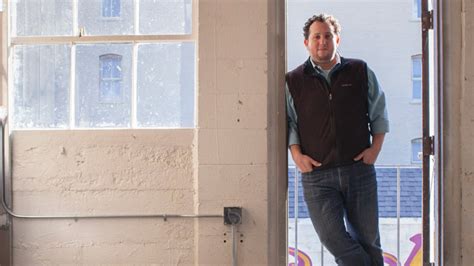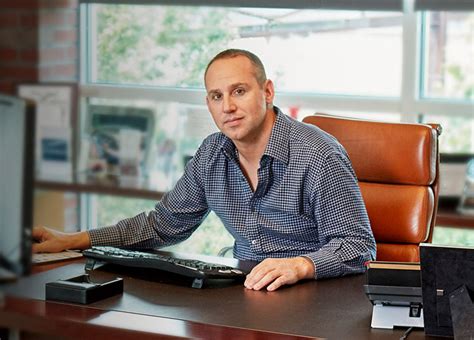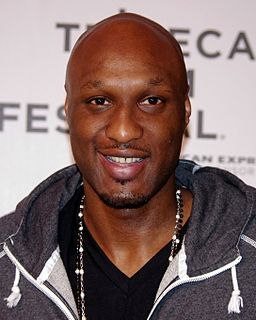A Quote by Biz Stone
For me, I've learned about what it means to focus on a culture, to build social responsibility, and the idea of a company as a super-organism.
Related Quotes
There's only one thing that regularly keeps me up at night. Working with the greatest people in the world and knowing that they are counting on me to build a company that endures - a company where they can grow professionally. A company where they can build world-class products and be proud to work.
I dismiss personal profit and focus exclusively on people and planet. That's what I call social business: a nondividend company dedicated to solving human problems. You can go all the way, forgetting about personal profit, being single-minded about solving problems. The company makes profit, but profit stays with the company.
I feel it's my social responsibility to shine a light on areas that don't get seen. My personal feeling is that it's an artist's responsibility to be engaged with the culture. And when the culture is going through turmoil, I think an artist can't ignore that. I don't feel that every artist has to be politically engaged, but I can't imagine that you can be an active participant of this culture and not in some way reflect that in the work you are creating.
There's something unique about the United States, a sense of individual rights and freedoms, and a sense of social and civic responsibility that we contributed to so much of the world. We lost that mission in the 1980s and 1990s, when we entered a gilded age, and the culture of individualism became a culture of avarice.
Theres something unique about the United States, a sense of individual rights and freedoms, and a sense of social and civic responsibility that we contributed to so much of the world. We lost that mission in the 1980s and 1990s, when we entered a gilded age, and the culture of individualism became a culture of avarice.
Profitability, growth, and safeguards against existential risks are crucial to strengthening a company's long-term prospects. But if these three factors constitute a company's 'hard power,' firms also need 'soft power': public trust and acceptance, won by fulfilling a company's social responsibility.

































